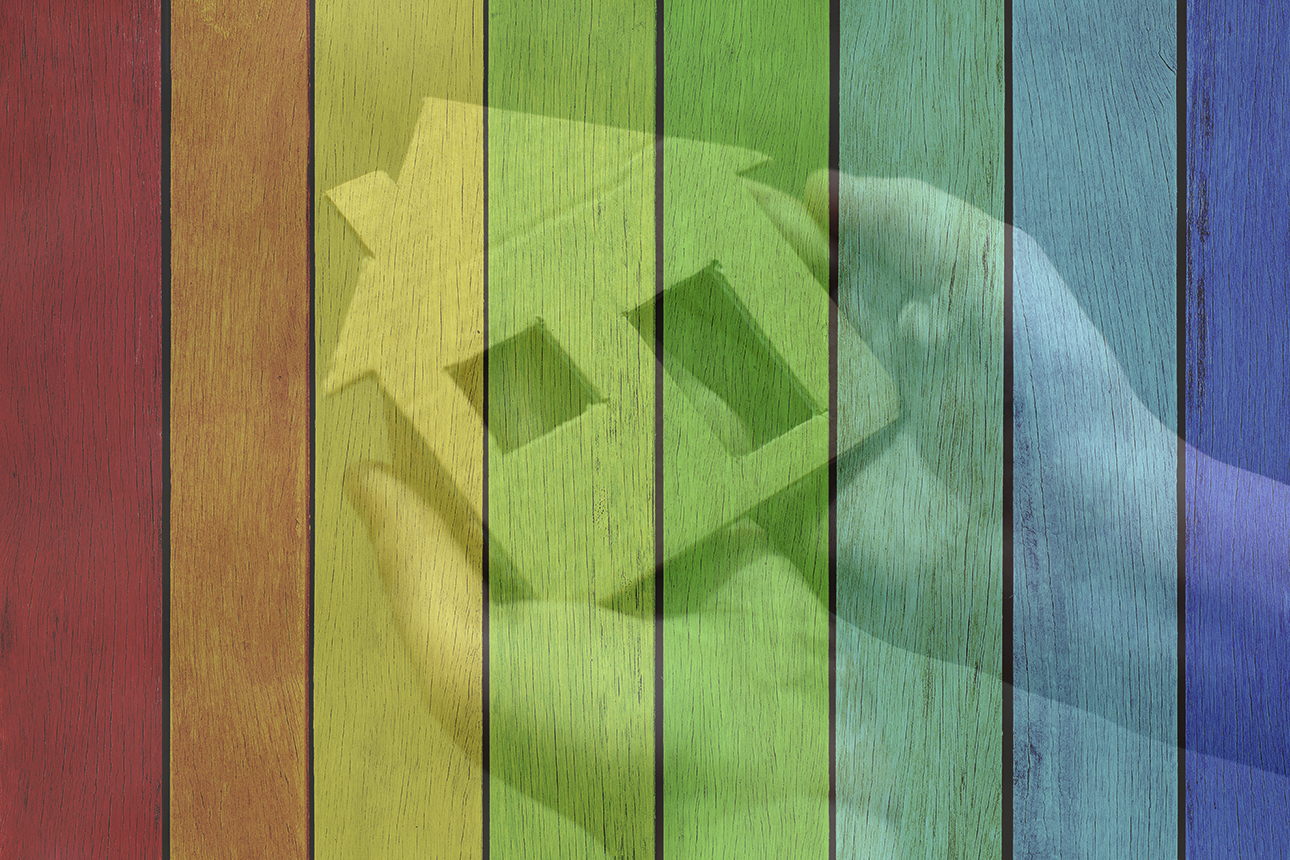LGBTQ Lack Adequate Access to Housing and Aging Services

Seattle/King County’s rapidly expanding growth rate is intensifying housing affordability and service accessibility. Although Seattle/King County has one of the largest LGBTQ (lesbian, gay, bisexual, transgender and queer) communities in the nation, they lag behind other major metropolitan areas in meeting the housing and senior service needs of LGBTQ older adults.
The challenges faced by this community are highlighted in a report, Aging in Community: Addressing LGBTQ Inequities in Housing and Senior Services. The project was commissioned by the City of Seattle Office of Housing to examine the housing and service-related needs of LGBTQ older adults.

Dr. Karen Fredriksen Goldsen
“While LGBTQ older adults are resilient, they face unique challenges in senior services and housing,” said Dr. Karen Fredriksen Goldsen, author of the report and a national LGBTQ aging and health expert. “Nearly 90 percent of the participants were living in unaffordable housing compared to just over half of Seattle and King County’s seniors in the general population. They were also more likely to live alone without a safety net, which increases their risk of social isolation, premature institutionalization in a nursing home, and losing their housing.”
The study surveyed more than 500 LGBTQ people aged 50 to 87 in Seattle/King County and found that:
- More than half felt aging information and referral services were not LGBTQ-affirming, and a third felt suitable and affordable housing programs were not LGBTQ-affirming.
- Nearly 40 percent of older LGBTQ participants wanted to move, compared to only 13 percent in the general older adult population; however, most faced significant barriers to moving.
- Among older LGBTQ participants who moved within the past year, half had experienced homelessness and a third had experienced eviction within the past five years.
- Nearly a third of the participants reported experiencing discrimination based on their sexual orientation in the sale or rental of a house, apartment, or condominium.
- Transgender and gender non-binary seniors experienced double the rate of discrimination in the sale or rental of a house, apartment, or condominium based on their gender identity and expression. Only about one in ten reported it.
The goals of this report were to provide an overview of the housing and aging services experiences and needs of LGBTQ older adults living in Seattle/King County and provide an action plan for moving forward. This will provide stakeholders and policymakers with the necessary information regarding the creation of inclusive, relevant, and effective housing and aging services for LGBTQ older adults and their families, caregivers, and communities.
“Our LGBTQ seniors are largely invisible and immensely underserved,” stated Fredriksen Goldsen. “We need to address their housing and aging needs and take action. We need to ensure that local housing and aging services are safe, inclusive, supportive, and effective. If we do not address these needs, there will be much greater public cost.”
Seattle is known as one of the most progressive cities in the country; however, it has been lacking in housing and aging services for older LGBTQ residents, compared to other cities. To be responsive to the lack of services, the Seattle City Council approved funding for GenPRIDE to establish a senior center hub to offer an array of aging and housing services for LGBTQ older adults and their families. The University of Washington Aging with Pride project, as a partner, will provide support for the development of evidence-based programming and training.
The services will be designed to meet the distinct needs of LGBTQ older adults and their caregivers by providing support, resources, referrals, and opportunities for engagement for LGBTQ older adults and their families and will provide assistance to other senior centers and programs so they too are better equipped to serve this community.
“The program will increase the opportunities for LGBTQ seniors to receive the services they need and to give back to their communities,” said Fredriksen Goldsen. “It will also increase knowledge and skills of housing providers and reduce taxpayer cost by reducing homelessness and premature institutionalization in nursing homes.
“As Seattle and King County’s population ages and becomes increasingly diverse, there is a growing need for LGBTQ aging services and supports,” she said. “This initiative is an important step forward in helping to address that need.”
The University of Washington Aging with Pride contributed this article. Read a related article, “LGBTQ Housing Discrimination All Too Common,” in the December 2018 issue of AgeWise King County.
This article originally appeared in the February 2019 issue of AgeWise King County.
![Aging & Disability Services for Seattle & King County [logo]](https://www.agingkingcounty.org/wp-content/themes/sads/images/seattle-ads-logo.png)